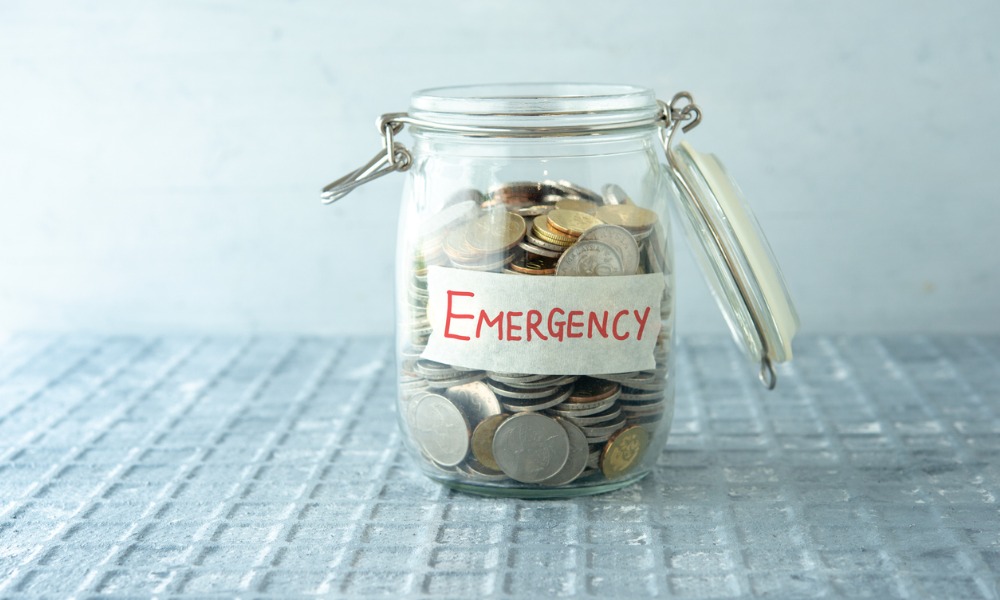BlackRock study reveals the impact of emergency savings on low-income households' retirement withdrawals

Low-income households with emergency savings of at least $1,000 were significantly less likely to withdraw funds from their workplace retirement savings accounts during the pandemic, according to a study conducted by BlackRock's Emergency Savings Initiative (ESI) in partnership with the Defined Contribution Institutional Investment Association's Retirement Research Center (DCIIA's RRC).
The study also showed that having emergency savings had a positive impact on retirement contributions. People with emergency savings were 70% more likely to contribute to their retirement accounts.
The research also identified effective strategies to encourage the adoption of emergency savings programs.
Programs that automatically enrolled individuals in short-term savings had a higher participation rate compared to programs that required active sign-up. Additionally, prompts within the savings platform were more successful than email campaigns in encouraging savings behaviour.
The report also suggested targeting new employees for these programs, as they were more open to forming new saving habits. It also recommended offering emergency savings options within existing retirement plans, as well as separate savings accounts for low-income employees who may not have access to retirement plans.
To facilitate these changes, the report called for public policies that support and promote innovation in out-of-plan savings solutions.
It highlighted the importance of enabling low-income earners to benefit from automatic enrolment in out-of-plan accounts.
Under the SECURE 2.0 retirement law in 2024, plan sponsors will have the option to implement provisions related to emergency savings.
These provisions include creating sidecar accounts linked to retirement accounts and allowing participants to withdraw up to $1,000 annually from their retirement accounts for emergencies.
The report concluded by emphasizing the need for policy changes to expand out-of-plan emergency savings options, particularly for low-income workers who don't have access to in-plan retirement options.
It called for public policy to support and encourage innovation in out-of-plan solutions and ensure that low-income earners can benefit from them.
“Public policy should further catalyze the innovation for out-of-plan solutions already happening in the private sector,” said the report. “This includes ensuring that savings options utilized by people earning low income—such as savings features on payroll cards or stand-alone savings accounts—benefit from future policy changes, like allowing for similar automatic enrollment into out-of-plan accounts.”
Have something to say about this story? Let us know in the comments below.



